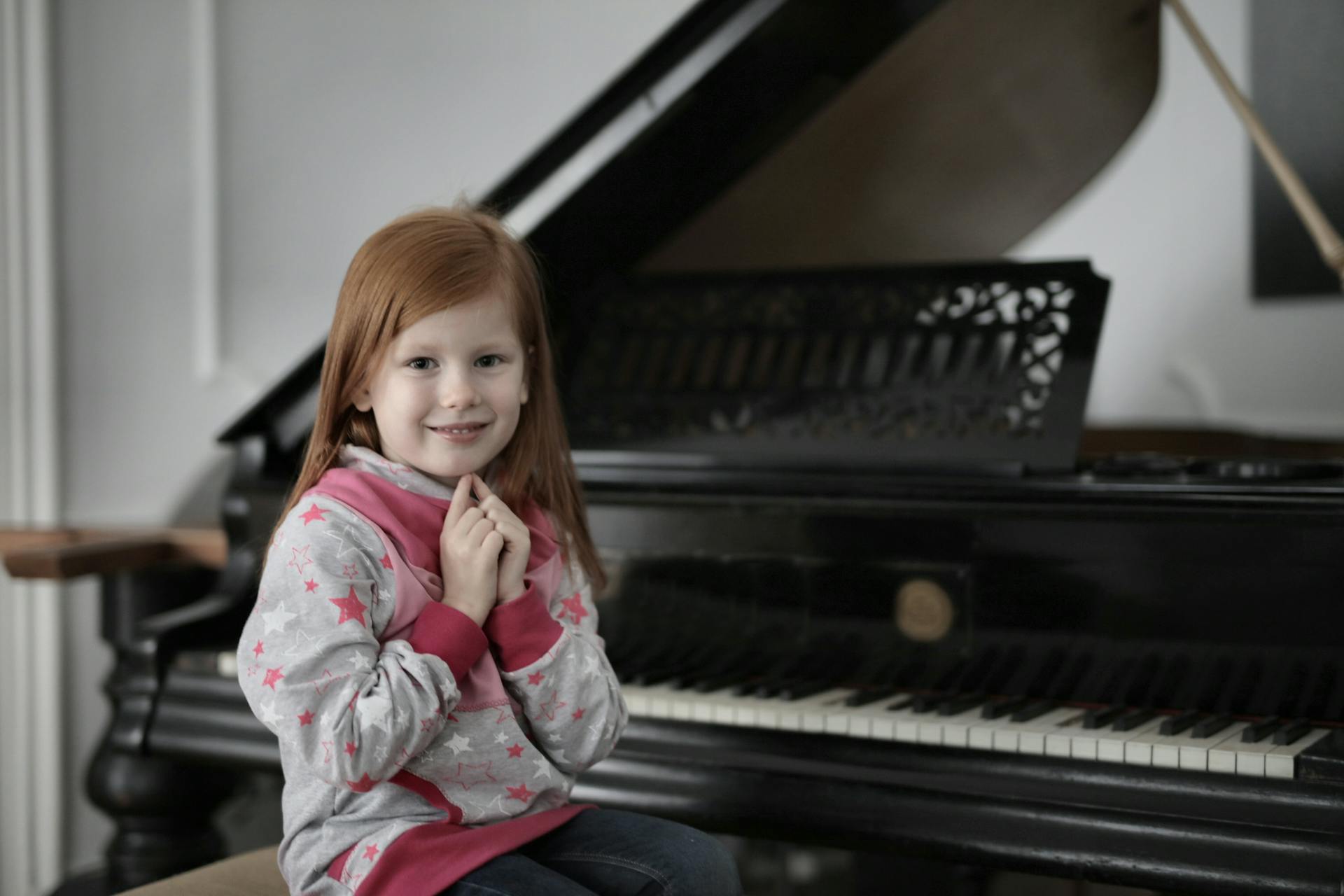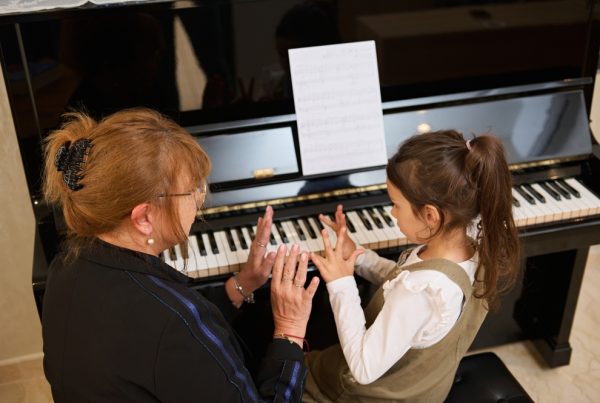Looking for child-friendly piano teaching methods that spark creativity, build solid technique, and fit your family’s busy schedule? This guide explores proven kids piano teaching methods—traditional, Suzuki, Kodály, Orff, and the Volz Piano Method for kids—then shows how Utah families can benefit from “piano teachers who drive to your home.” You’ll discover how early childhood piano education boosts brain development, which interactive games keep practice fun, and why a structured piano curriculum for kids leads to confident, lifelong musicians.
Table of Contents
- Why Start Piano Early for Kids?
- Overview of Piano Teaching Methods for Children
- Structured Piano Curriculum for Kids
- Piano Teachers Who Drive to Your Home in Utah
- How to Teach Piano to Children at Home
- Interactive Piano Lessons & Games
- Online Piano Teaching Methods for Children
- Choosing the Best Piano Teaching Method for Young Children
- Benefits of Piano for Early Childhood Development
- FAQs
Why Start Piano Early for Kids?
Research shows that early childhood piano education accelerates language acquisition, executive function, and spatial reasoning. Studies from MIT and the NAMM Foundation link piano study to improved vocabulary and reading skills, making beginner piano methods for children a smart academic investment.
Overview of Piano Teaching Methods for Children
Traditional Method
Traditional kids piano teaching methods rely on graded lesson books that introduce reading, finger numbers, and theory from day one. They suit young learners who thrive on structured progression and visible milestones.
Suzuki Method
The Suzuki piano method for kids follows the “mother-tongue” model—children learn by listening, repeating, and playing from memory before reading music. Parent involvement and loving encouragement are core principles.
Kodály & Orff Approaches
Blending singing, movement, and solfège, the Kodály Concept and Orff Schulwerk approach build aural skills before introducing the keyboard. These child-friendly piano teaching techniques at home emphasize games and storytelling to internalize rhythm and pitch.
Volz Piano Method for Kids
The Volz piano method children’s curriculum combines intervallic reading, ear training, and creative improvisation. According to the official overview, lessons strand technique, theory, and composition together so kids apply concepts immediately.
Structured Piano Curriculum for Kids
A structured piano curriculum for kids organizes goals into small, achievable units—perfect for short attention spans. Whether you use Alfred, Faber, or Volz Piano Method for kids, look for materials that integrate sight-reading, theory drills, and expressive playing.
Piano Teachers Who Drive to Your Home in Utah
Busy parents love piano teachers who drive to your home for kids. Volz Piano’s in-home lessons in Utah eliminate commute stress and let children practice on their own instrument, boosting consistency and comfort.
How to Teach Piano to Children at Home
If parents want to know how to teach piano to children at home, start with simple finger-number songs, then incorporate note-reading flashcards from MTNA’s online resources. Pair practice with praise charts and short practice segments for child-friendly piano teaching techniques at home.
Interactive Piano Lessons & Games
Websites like Music Tech Teacher host piano learning games for kids that sharpen note recognition through play. Apps listed by Parents Magazine—Flowkey, Simply Piano, and Yousician—turn drills into interactive piano lessons for kids at home.
Online Piano Teaching Methods for Children
Virtual studios mix live video calls with self-paced tutorials. A TIME feature notes that online piano teaching methods for children can even improve language-processing skills when guided by a certified instructor and reinforced with real-time feedback.
Choosing the Best Piano Teaching Method for Young Children
When weighing the best piano teaching methods for young children, consider your child’s learning style, your schedule, and whether you prefer in-home or studio settings. Trial lessons, teacher credentials, and clear progress trackers help parents find the perfect fit.
Benefits of Piano for Early Childhood Development
From stronger fine-motor control to better math skills, the science behind the benefits of piano lessons for kids is clear. The Musikgarten teacher blog summarizes multiple studies showing boosts in IQ and executive function.
FAQs
What age can my child start piano lessons?
Many instructors begin around age 5, but the Suzuki piano method for kids welcomes students as young as 3 when parents commit to daily practice.
How long should beginner piano practice sessions be?
Five- to ten-minute bursts, two to three times per day, work well for young learners’ attention spans.
Do I need a real piano, or is a keyboard okay?
A weighted-key digital piano is acceptable for the first two years; aim for 88 keys and built-in speakers.
How much do private piano lessons cost?
A recent Parents.com survey found U.S. averages of $50 for 30-minute sessions and $90 for hourly lessons.
Can online lessons replace a live teacher?
Interactive apps are great supplements, but most experts recommend at least monthly feedback from a qualified instructor to correct technique.



